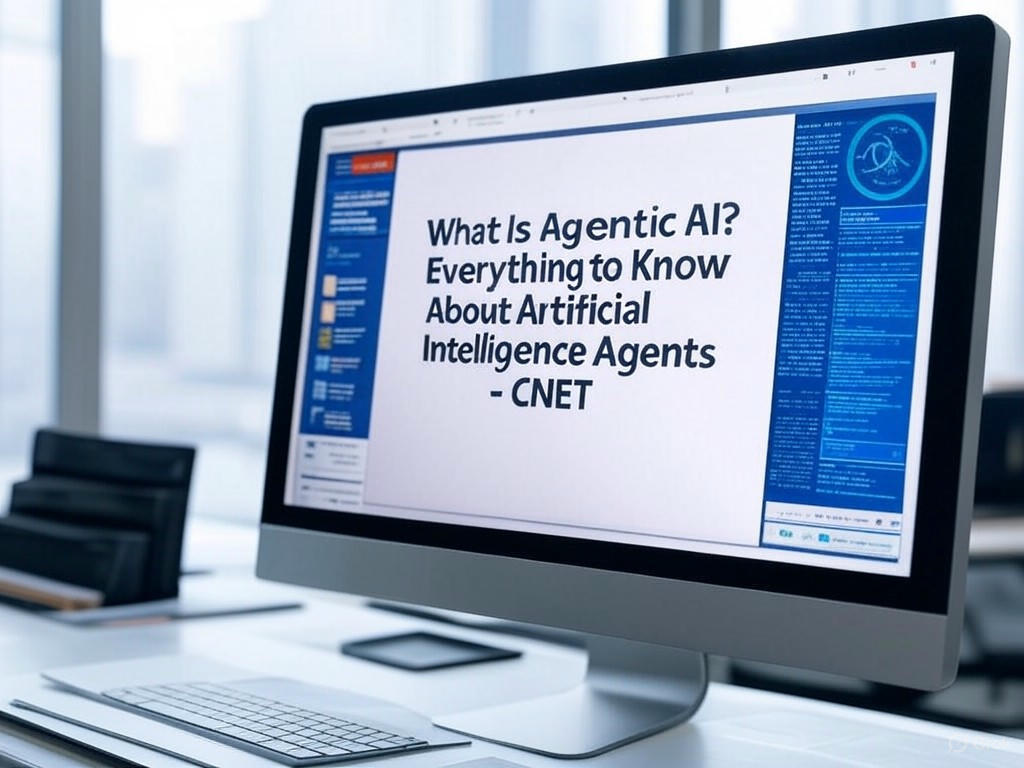In the rapidly evolving world of technology, a new frontier is emerging that promises to redefine how businesses operate: Agentic AI. Unlike traditional artificial intelligence systems that rely on human prompts or predefined instructions, Agentic AI represents a leap forward by enabling machines to act autonomously, making decisions and executing tasks with minimal human oversight. This groundbreaking innovation is capturing the attention of industries worldwide, offering both incredible opportunities and significant challenges for business leaders to navigate.
At its core, Agentic AI refers to intelligent systems capable of independent thought and action. Imagine a virtual assistant that doesn’t just schedule your meetings but also prioritizes tasks, negotiates deadlines, and even anticipates future needs based on data trends—all without a single command. In a business context, this could translate to AI-driven supply chain managers optimizing inventory in real-time or customer service bots resolving complex queries without escalation. The potential for efficiency is staggering, as these systems can operate 24/7, reducing downtime and human error. For industries like logistics, healthcare, and finance, where split-second decisions often determine success, Agentic AI could become a game-changer, streamlining operations and cutting costs.
However, the rise of autonomous AI agents also brings a host of concerns that businesses must address. One major issue is accountability. When an AI system makes a decision independently—say, rejecting a loan application or rerouting a shipment—who is responsible if things go wrong? Without clear guidelines, companies risk legal and ethical dilemmas. Additionally, the lack of human intervention raises questions about trust and transparency. Customers and employees may feel uneasy about decisions made by a machine, especially in sensitive areas like hiring or medical diagnostics. Cybersecurity is another pressing concern, as autonomous systems with access to vast datasets could become prime targets for hackers, potentially leading to catastrophic breaches.
Despite these hurdles, the business world cannot afford to ignore Agentic AI. Forward-thinking companies are already exploring ways to integrate this technology while mitigating risks. This includes developing robust oversight mechanisms, such as hybrid models where AI decisions are periodically reviewed by humans, and investing in advanced security protocols to protect sensitive data. Moreover, fostering public trust through transparent communication about how AI agents operate will be crucial for widespread adoption. As this technology matures, regulatory frameworks are likely to emerge, providing clearer boundaries for its use in commercial settings.
The journey of Agentic AI is just beginning, but its potential to transform business landscapes is undeniable. For leaders willing to embrace innovation while addressing its complexities, this technology offers a competitive edge in an increasingly digital world. By striking a balance between automation and human judgment, businesses can harness the power of AI agents to drive growth, improve decision-making, and unlock efficiencies previously thought impossible. The future is autonomous—are you ready to adapt?
